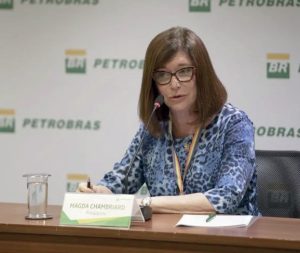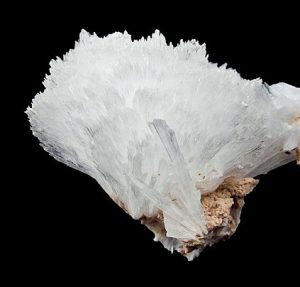Sulphuric Acid News Roundup
Veolia says that its subsidiary Veolia North America has signed an agreement for the divestment of Veolia North America Regeneration Services, which includes its sulphuric acid and hydrofluoric acid regeneration activities for refineries, to private equity firm American Industrial Partners for $620 million. These activities represented revenues of around $350 million in 2023. The financial closure of the transaction is expected soon. Veolia’s Sulphuric Acid Regeneration Business includes its sulphuric acid and potassium hydroxide regeneration, as well as sulphur gas recovery, and sulphur-based products production businesses.








